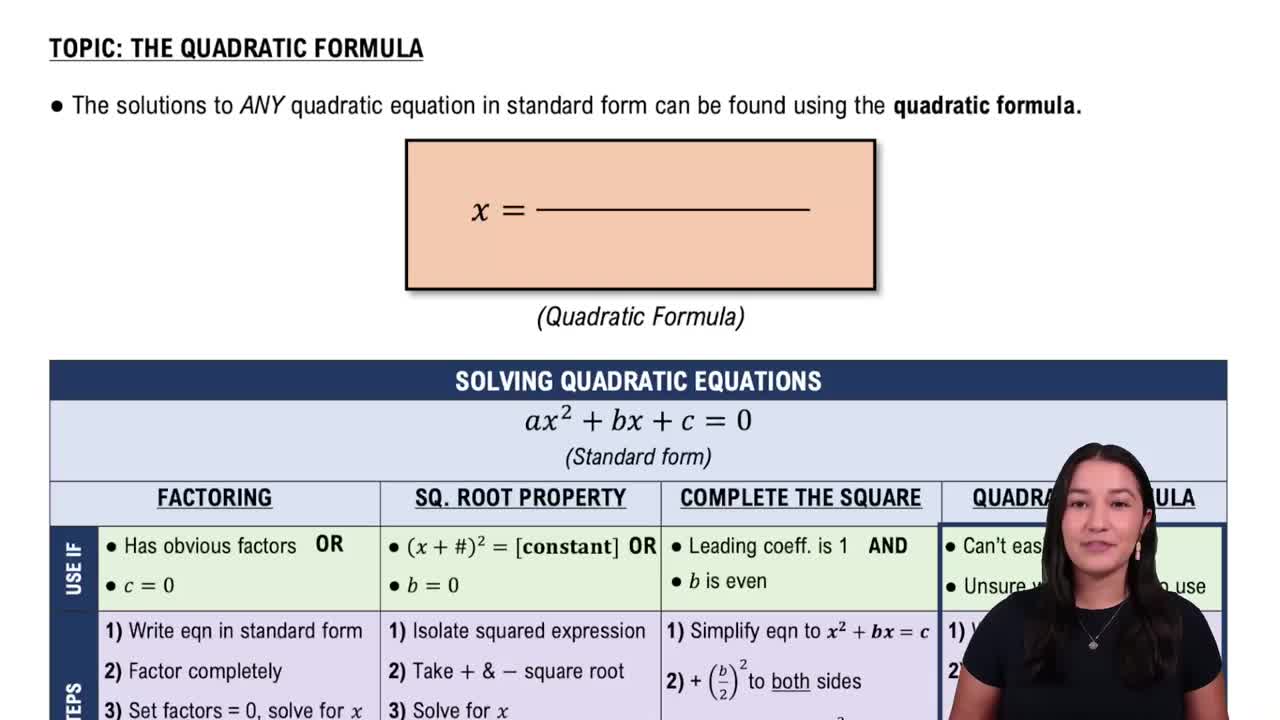Here are the essential concepts you must grasp in order to answer the question correctly.
Arithmetic Series
An arithmetic series is the sum of the terms of an arithmetic sequence, where each term after the first is generated by adding a constant difference. In this case, the sequence consists of the first 100 positive multiples of 3, starting from 3 and increasing by 3 each time. The formula for the sum of an arithmetic series is S_n = n/2 * (a + l), where n is the number of terms, a is the first term, and l is the last term.
Recommended video:
Arithmetic Sequences - General Formula
Multiples of a Number
Multiples of a number are the products of that number and the integers. For example, the multiples of 3 include 3, 6, 9, and so on. Understanding how to identify and generate multiples is crucial for solving problems involving sums of sequences, as it allows one to recognize the pattern and structure of the series being summed.
Recommended video:
Formula for the Sum of the First n Terms
The formula for the sum of the first n terms of an arithmetic sequence is essential for efficiently calculating sums without manually adding each term. This formula, S_n = n/2 * (2a + (n-1)d), where d is the common difference, simplifies the process of finding the total sum. In this case, it allows for quick computation of the sum of the first 100 multiples of 3.
Recommended video:
Solving Quadratic Equations Using The Quadratic Formula
 Verified Solution
Verified Solution



 6:4m
6:4m
